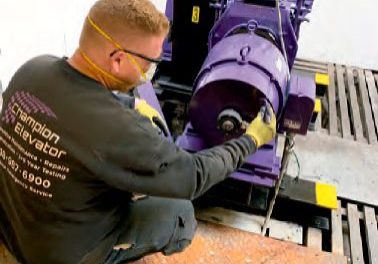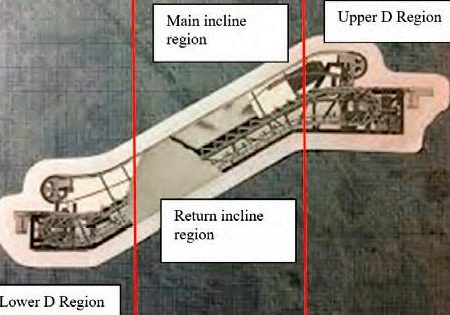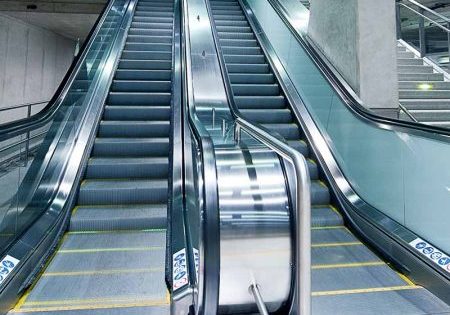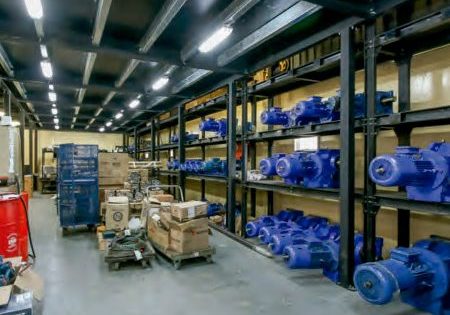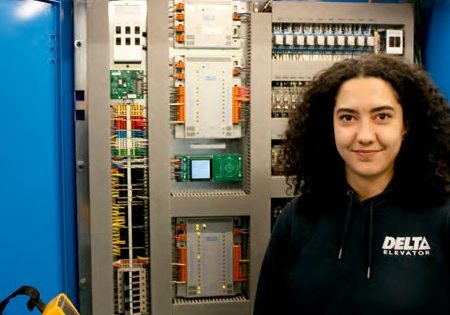Going Remote
Feb 1, 2021

For Madden Elevator, the pandemic had a silver lining in cost savings that helped enhance its maintenance capabilities.
submitted by Madden Elevator Co.
The pandemic prompted Madden Elevator Co. to invest in technology, implementing measures over the spring and summer of 2020 that led to it going 100% virtual and adding an option for remote elevator monitoring called eVator. The company believes the moves have improved customer service, streamlined workflow and made elevator maintenance and repair more efficient and effective.
While the pandemic directly brought about some of the changes at Madden Elevator, such as the transition to virtual (see sidebar), others are the result of long-term efforts. The journey toward offering custom remote monitoring began more than two years ago, when Madden Elevator founder, President and CEO Sean Madden and founder and CEO of software and hardware development company Lift AI Rob Wurth began talking about developing a custom remote-monitoring system that would become eVator. eVator consists of Lift AI monitors gathering the data, which is then analyzed by Madden Elevator and provided to its technicians.
Madden Elevator field technicians still perform onsite maintenance, but eVator allows them to appropriately focus their work.
Prior to this, Madden Elevator had worked with a variety of suppliers, such as Wurtec, Kings III Emergency Communications and LiftNet®. Seeking a custom-built system for his company, Madden and Wurth established a partnership in which Lift AI provides the monitoring tools — the apps and hardware — and Madden Elevator provides the diagnostic expertise. eVator results in better-maintained vertical-transportation (VT) systems and happier customers, Madden says, elaborating:
“eVator allows us to understand anomalies when elevators start running slower, fail to level correctly or start having variations in noises and vibrations. It also helps us know if the elevator is achieving optimal floor-to-floor travel times or if leveling issues, cab noise and vibration are happening more often. In that case, we need to look at packings or other maintenance items that might be wearing and need repair or replacement.”
The roughly 7-X-12-X-6-in eVator monitoring unit sits on top of the elevator car and plugs into a 120-V outlet. It boasts machine learning over time and does not wire into the controller. Information is delivered in real time, and the platform delivers similar data for doors. Madden Elevator field technicians still perform onsite maintenance, but eVator allows them to appropriately focus their work. “If there were door issues on the sixth floor over the last month, doors on that floor would get more attention during the visit,” Madden says. “If vibration in the down direction increased over the last month, rollers, guides and drives would be further assessed.”
Embracing technology early allowed the company to manage the changing work environment and pivot quickly to meet customers’ needs. Madden Elevator decided to go 100% virtual at the very start of the pandemic, eliminating its brick-and-mortar corporate office in Louisville, Kentucky. Through this and other measures, it realized some US$70,000 in savings, which it used to double the size of its warehouse, which now houses more than US$1 million in spare parts and equipment. The expanded warehouse enhances maintenance efforts and customer service. Madden says:
“Warehouse expansion allowed us to organize and store more service parts to optimize equipment uptime. Whenever we have an issue with an elevator and have to order a part, we order two parts and put one in stock on the shelf. So, we are always growing our service inventory with an array of different elevator parts. We also have a lot of older equipment, which allows us to do more hands-on training in our shop for field mechanics. We also have more space to store full elevator packages for modernization. Ultimately, it allows us to organize and store more service parts to keep our customers’ VT systems up and running, provide hands-on training on older equipment and store non-typical equipment for odd repairs that may arise.”
Going Virtual
Madden Elevator chose to go virtual at the very start of the pandemic, working closely with employees to ensure everyone had the resources they needed. Madden Elevator uses Microsoft Teams to conduct morning “huddles” for field technicians, sales teams and front/back office personnel. Each week, virtual safety training is conducted with all employees. Madden Elevator’s leadership team knew that, to survive, the company needed to be proactive about keeping teams connected without compromising safety.
The administrative staff all work remotely, mobile field managers support field staff and the leadership team supports various teams through virtual platforms. “The world looks much different today than it did a year ago, and, with the pandemic forcing us to work remotely, we have been very successful in this working environment,” Madden Elevator Business Manager Melissa Hansell says. “Being there for any team member or customer has been — and still is — our top priority, no matter where we are located.”
Managing staff can be challenging in a virtual work environment. To overcome this, the company implemented a human resources (HR) platform that virtually manages onboarding, time-off requests, training, performance reviews and benefits. Employees stay connected through an app. They digitally sign off on policy updates, and managers digitally file employee documents, and review time-off requests and timesheets.
Employee anniversaries and birthday celebrations are posted on the HR platform, as well. Sales Manager Vong Keovongsa says the company’s decision to invest in technology has allowed his team to enhance the level of service it provides to customers and create a higher level of employee engagement.
In addition to eVator, software technology now automates HR processes through BambooHR® and improves marketing strategy and penetration through HubSpot.
Get more of Elevator World. Sign up for our free e-newsletter.


